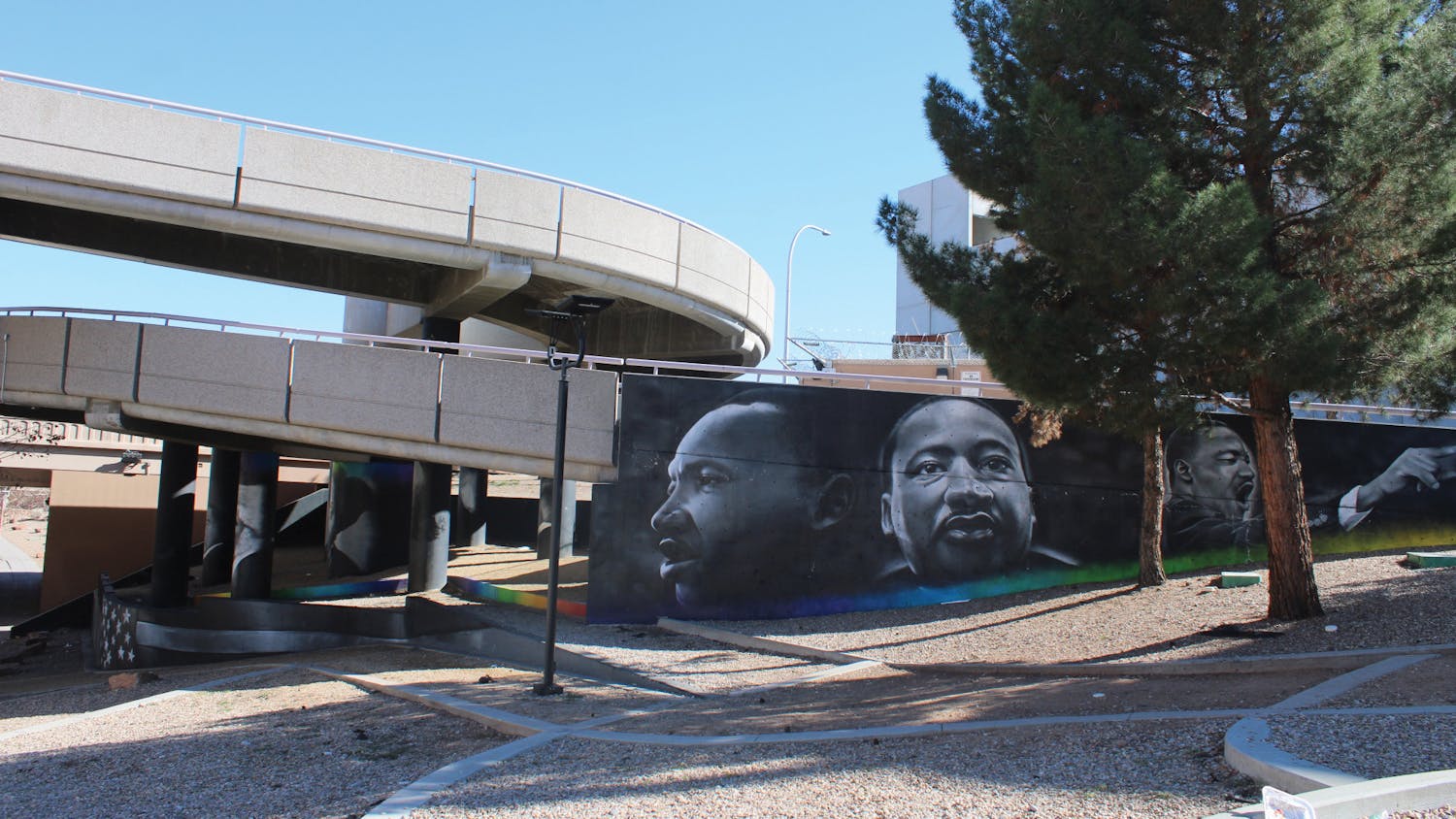Dear Reader,
Look, I like objectivity as much as the next girl, but here’s the thing — as a measurement for good journalism, it's a poorly-used metric.
Before you all come at me with your pitchforks and AP Stylebooks, hear me out. I believe in objectivity and strive to use it, but it's far from the end-all-be-all solution.
Setting aside beliefs, it is important to disconnect how things might personally affect you and keep personal opinions under wraps. Good journalism requires people to be critical thinkers, to ask better questions by compartmentalizing our preconceptions and emotions. That doesn't mean I stop being a human.
Objectivity, according to a quick Google search, is the absence of bias or prejudice, which honestly is all good. However, it is the philosophy of how to apply objectivity that causes serious problems in journalism.
Too much of "objective truth" is experienced by people who live in a shared reality, and don't have diverse enough experiences to broaden the scope. The standards of objectivity were developed during a time in journalism when white men dominated the field (to quote a Twitter meme) and it shows.
The first problem is the ideal of objectivity is so self-aggrandizing, that only a select few can achieve it. This only amplifies the problems that journalists are having connecting to the public: a sense of mistrust and a disconnect on what's happening and what's in the headlines.
Good journalism is built on trust and finding sources of information that can be verified. That does not mean being the smartest person in the world, but rather finding people who can tell you how to interpret the truth. It means it's not all about you or your beliefs.
This means building a baseline of trust with people — and even then, that's not enough. Journalists have to verify their information not once, not twice, but three times if not more. Building trust is the human part of the experience of being a journalist — not only being good on your word, but listening and digging for truth.
In order to tell stories about people in diverse communities (which is how the world is, whether its written that way or not) we need people willing to challenge the norms of objectivity. We need people outside of the white, college-educated realm in positions of influence in the newsroom. And we needed it a century ago.
Let's talk some examples on covering white nationalism (those who believe that there is a white race, and that it has the right to establish itself as a country and often focused on the inferiority of other races).
Last year the New York Times wrote a profile on a few white nationalists and NPR ran a hot-mic interview with the man behind the "Unite the Right" rally, Jason Kessler; both of which received considerable criticism. Not for what the subjects said, but the fact that there was no push back from either to correct misinformation or flat-out historical lies. Richard Fausset, of the Times wrote in a statement defending the piece that his sympathy was well-placed and pushing back on misinformation wouldn't fit with the piece. Noel King of NPR engaged in "debate" using facts that had been debunked, and asked him for his position on what makes races different. In 2018, the IQ debate (an already bad measurement) was rehashed on national radio.
Get content from The Daily Lobo delivered to your inbox
Not pushing back on information isn't just lazy journalism (if anyone says "fake news" I will scream), but it sure isn't good journalism. These stories failed to portray a complex reality, to put subjects in context and gave away a huge platform without much consideration without consideration for the consequences.
The false promise of objectivity didn't save the journalists who tried to write these stories. They said they maintained their journalistic integrity by writing the story the way it was given to them. The truth isn't easily packaged, it has to be found between the lines.
People will sanitize abhorrent ideologies, people will lie (the intent to intentionally misinform) and will obfuscate because it serves the purpose of hiding truth.
Bad journalism fails to inform, offers no nuance and reduces people to stereotypical caricatures instead of three-dimensional beings. Bad journalism does not reveal our ugly truths.
My news editor, Madison Spratto, gave a great news-writing tip. If you have a pitch, write down the lede. Come back, do some research, talk to people. When you're ready to write the story and your lede is the exact same, you haven't done the reporting necessary to tell the story.
Journalism is all about empathy, listening to people who have had experiences unlike our own and doing the work to determine truth. Yeah, an existential nightmare. It actively calls to be engaged in the public, to seek out stories in the communities around us.
My final hot take: ignoring the issues doesn't make you objective.
There’s a better system for re-evaluating our beliefs: combining transparency and balance and by having more diversity in the newsroom. Tell the public how we do our job, and for godsakes, talk to people who are the experts (not always the academics, but the people experiencing an issue) and offer balance: if the opinion is 99 percent to one, don't offer it like it's half and half.
We've got to do more to make newsrooms more diverse, not only to reflect reality and offer balance, but to create better journalism.
Danielle Prokop is a senior reporter for the Daily Lobo. She can be contacted by email at news@dailylobo.com or on Twitter @ProkopDani.





